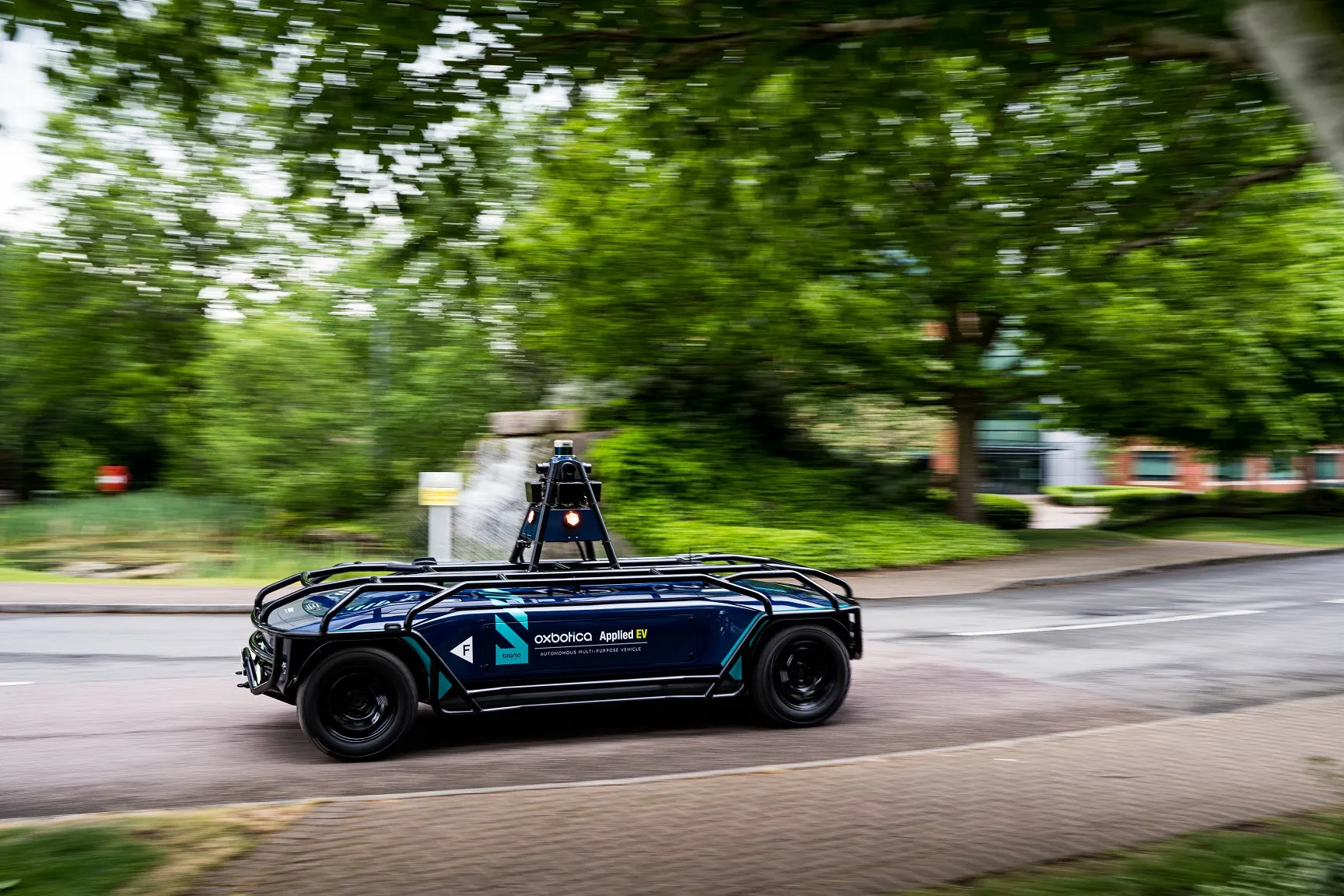
The UK government is planning changes to the Highway Code - the document which outlines drivers' responsibilities on the road - to reflect the advent of self-driving technology.
The plans are set to allow drivers to view content which is "not related to driving on built-in display screens", as long as the self-driving vehicle is in control - which suggests that drivers will be able to watch movies or check emails while the vehicle is moving.
However, it will still be illegal to use mobile phones, even in self-driving mode.
The changes will be followed by 2025 by a new legal framework for self-driving vehicles.
A statement says that the Code "will help ensure the first wave of technology will be used safely, explaining clearly that while travelling in self-driving mode, motorists must be ready to resume control in a timely way if they are prompted to – such as when they approach motorway exits".
As it stands, no vehicles are approved for self-driving in Britain, which means drivers must always remain in control of their vehicle: existing technology such as cruise control, auto start/stop and lane tracking are not classes as self-driving.
The Code provides guidance to the courts and police on the responsibilities of the vehicle and the driver if an accident occurs while travelling in self-driving mode.
"Insurance companies, rather than individual drivers, will be liable for claims under those circumstances," the government says.
Transport minister Trudy Harrison said: “This is a major milestone in our safe introduction of self-driving vehicles, which will revolutionise the way we travel, making our future journeys greener, safer and more reliable."
The development of self-driving vehicles in Britain could create around 38,000 new jobs that would be worth £41.7 billion by 2035, the government hopes.
The introduction of the technology is likely to begin with vehicles travelling at slow speeds on motorways, such as in congested traffic, with the government suggesting last year that vehicles fitted with automated lane keeping system (ALKS) tech could be the first example of self-driving technology.
ALKS enables a vehicle to drive itself in a single lane, up to 37mph, while maintaining the ability to return control easily and safely to the driver when required.
Steve Gooding, director of the RAC Foundation, said: “The Highway Code has been updated a number of times in recent years to reflect the rapidly changing transport world we live in, and these latest additions will help us all understand what we must and must not do as we move forward to an environment where cars drive themselves."
"The final part of the jigsaw is to ensure these amendments are widely communicated to, and understood by, vehicle owners," he added.
"Vehicle manufacturers and sellers will have a vital role to play in ensuring their customers fully appreciate the capabilities of the cars they buy and the rules that govern them."
Mike Hawes, SMMT chief executive, said: “Amending the Highway Code to reflect the pace of technological change will help clarify what motorists can and can’t do when a self-driving feature is engaged, so promoting its safe use."







